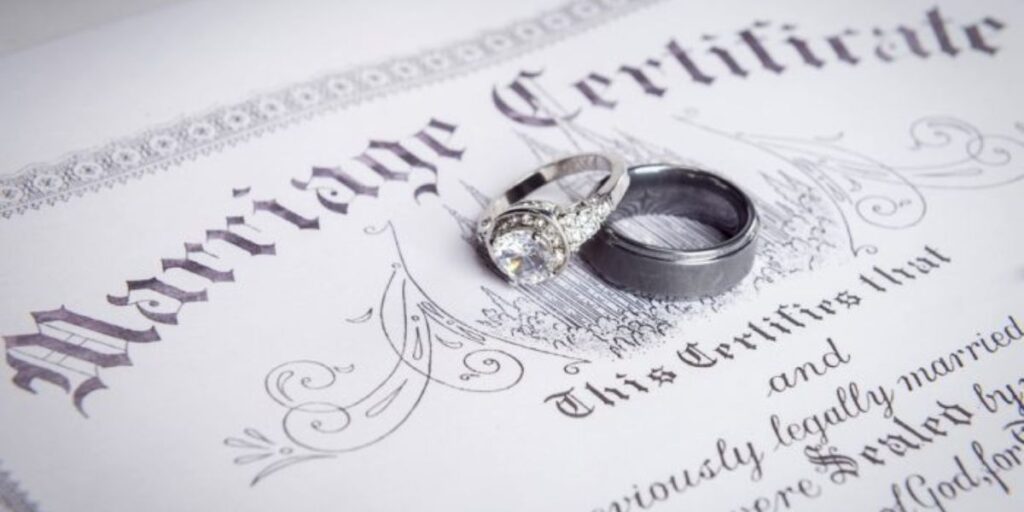Common law marriage is often misunderstood, and each state has its own rules about recognizing these informal unions.
If you’re living in Pennsylvania or were previously in a relationship that resembled a marriage without a license or ceremony, it’s important to know whether that relationship holds any legal standing.
In this article, we explain the current status of common law marriage in Pennsylvania, outline the exceptions, and share how such unions may still be recognized under certain circumstances.
Is Common Law Marriage Legal in Pennsylvania?
No, Pennsylvania no longer recognizes new common law marriages. As of January 1, 2005, the state officially abolished the ability to enter into a new common law marriage. Couples who began living together after that date cannot be considered legally married unless they obtain a marriage license and go through the formal process.
Exception: Common Law Marriages Established Before 2005
Pennsylvania does still recognize common law marriages that were validly established before January 1, 2005.
To qualify, couples must show that:
- They entered into a mutual agreement to be married
- They lived together as spouses
- They held themselves out as married to the public (e.g., calling each other husband/wife, filing taxes jointly, using the same last name)
No specific time frame of cohabitation is required—intent and mutual consent are the most critical factors.
How Do You Prove a Common Law Marriage in Pennsylvania?
If your common law marriage was established before 2005 and you need to prove it (for divorce, inheritance, or legal benefits), you’ll likely need to present evidence such as:
- Joint tax returns
- Shared bank accounts or property ownership
- Statements from family or friends who can attest to your relationship
- Insurance or employment documents listing a partner as a spouse
In some cases, you may need a court declaration affirming the existence of the common law marriage.
Ending a Common Law Marriage
If a valid common law marriage was established, you must go through a legal divorce to dissolve the relationship, just like any formal marriage. This includes resolving property division, spousal support, and custody if applicable.
Recognition of Out-of-State Common Law Marriages
Even though Pennsylvania no longer permits new common law marriages, it will recognize a common law marriage legally formed in another state where such unions are still valid (e.g., Texas or Colorado). This follows the “Full Faith and Credit” clause of the U.S. Constitution.
Final Thoughts
While Pennsylvania no longer allows new common law marriages, couples who entered such relationships before 2005 may still have legal protections—but they must be able to prove the marriage existed.
If you believe you’re in a qualifying relationship or are facing legal issues related to a past common law union, it’s wise to consult with a family law attorney to understand your rights and options.




More Stories
Common Law Marriage in Pennsylvania: Legal Requirements and Exceptions
Common Law Marriage in Pennsylvania: Legal Requirements and Exceptions
Common Law Marriage in Pennsylvania: Legal Requirements and Exceptions